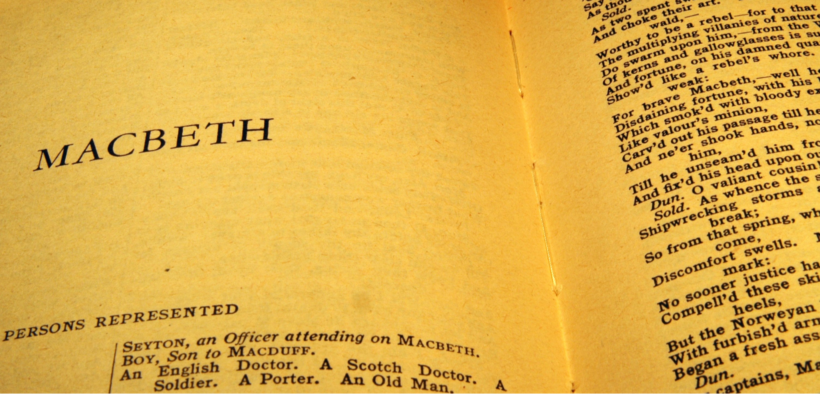In Shakespeare’s Macbeth, there is a scene that is sometimes deleted from productions, and the change in the audience’s behavior according to whether it is there or not can be noteworthy. At the beginning of Act 2, Scene 3, comes what is known as “The Porter’s Scene,” and there are few who will deny that it is outdated and does not fit comfortably with the rest of the play. Hearing Macduff and Lennox knocking at the gates in the middle of the night, the drunken porter “humorously” (for the early 17th century) imagines himself as the gatekeeper of hell and alludes to the Gunpowder Plot in a wink-and-nod to King James I, for whom the play was first written and performed. This scene drags on much too long, and the bawdy humor and wordplay can make some uncomfortable.
Course Design and the Importance of the Porter

Related Articles
I have two loves: teaching and learning. Although I love them for different reasons, I’ve been passionate about...
Imitation may be the sincerest form of flattery, but what if it’s also the best first step to...
Higher education has long recognized the value of Socratic dialogue in learning. Law schools traditionally adopt it in...
After 35 years in higher education, I continue to embrace the summer as a prime opportunity to strengthen...
Last month I wrote about how students fool themselves into thinking they have learned concepts when they really...
If you’ve ever hesitated to offer feedback to a colleague for fear of creating tension or hurting a...
When I first began teaching online, I thought creating engaging and relevant content was the biggest challenge. And...








